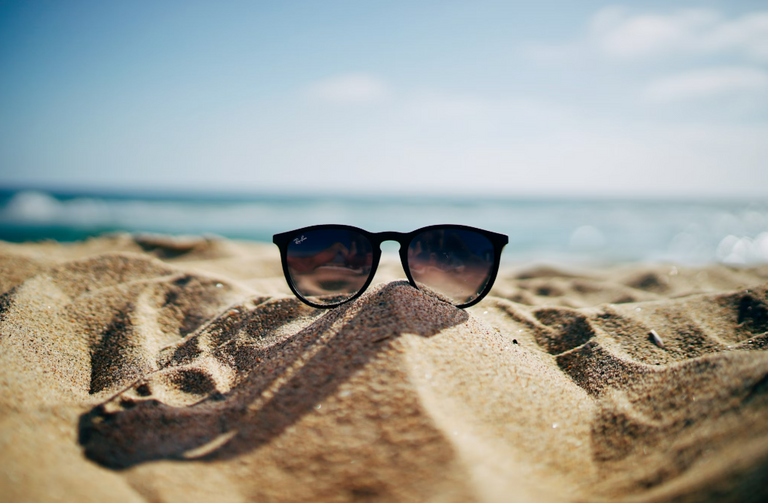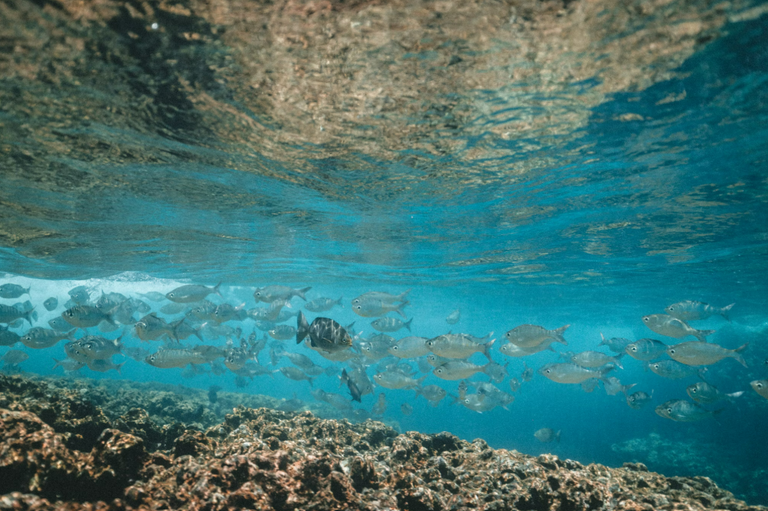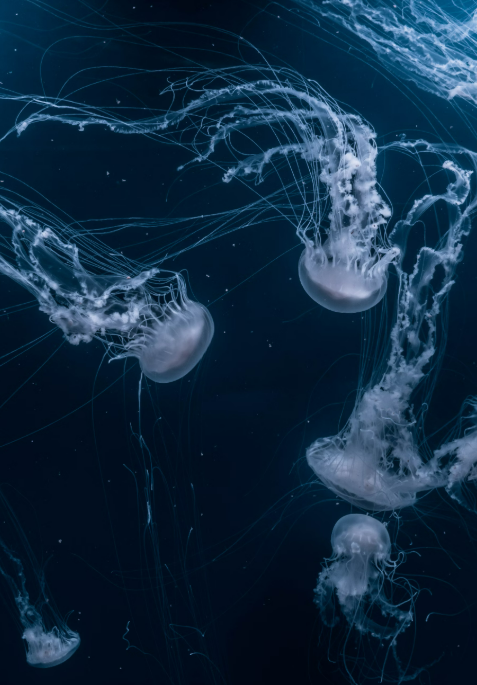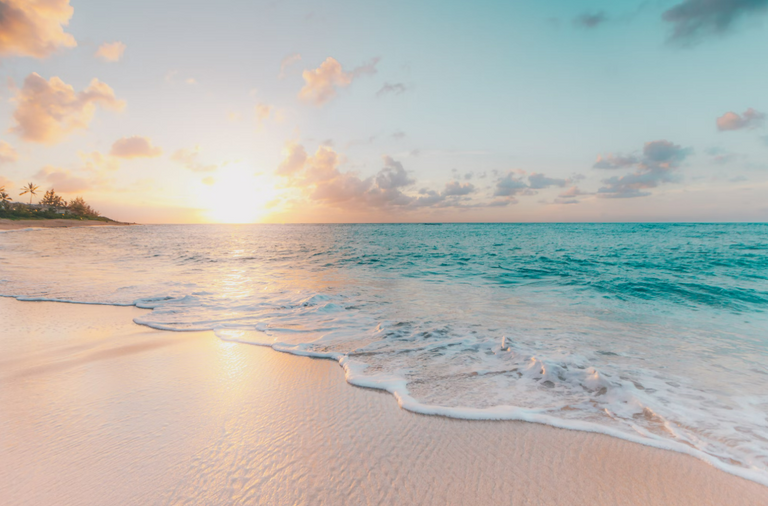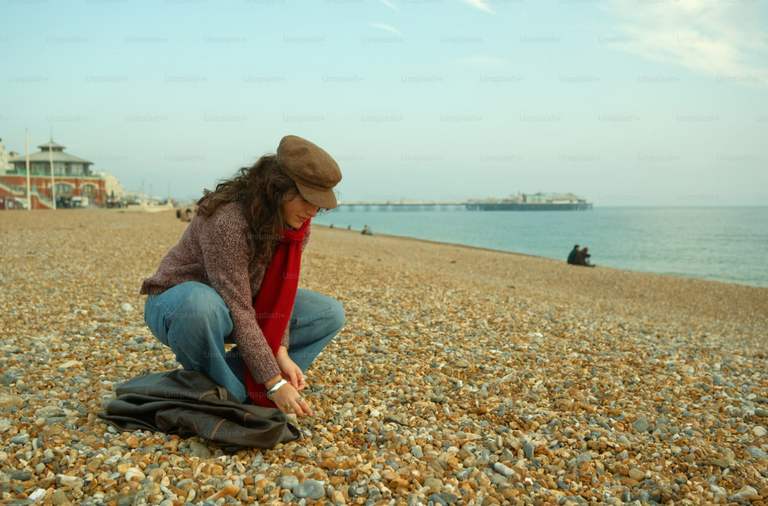Nowadays marine life is being greatly affected by human activities. Plastic pollution, overfishing, and climate change have caused great harm to oceans and fresh water ecosystems. But if we show a little awareness and responsibility, we can protect the creatures living in water. The first thing that every person can apply in their life is reducing plastic waste. Crores of tons of plastic goes into the ocean every year which proves fatal for fish, turtles and other sea creatures. Therefore we should minimise the use of single-use plastic items such as straws, plastic bottles and shopping bags.
Overfishing is also a big issue that is proving to be dangerous for water creatures. Many fish species are on the verge of extinction simply because people are fishing excessively without any regulation. We should promote sustainable fishing methods and raise our voice to stop illegal fishing. Often seafood lovers should also check whether the fish they consume is from sustainable sources or not. We can protect marine life by using certified sustainable seafood.
Industrial pollution and chemicals also pose a huge threat to the marine and aquatic life. Many factories release harmful chemicals and waste directly into the water without any filtration, which proves to be poisonous for fish and other aquatic species. Strict laws and regulations are essential to control this. We must put pressure on industries to improve their waste disposal policies and install filtration systems so that water quality can be improved. Use of chemicals and toxic cleaners at home also needs to be reduced so that these do not reach the marine creatures through drainage.
Cleaning of coastal areas and beaches can also save marine life. People often visit beaches but leave their waste there which gets into water and creates problems for fish and turtles. If we all dispose of our waste in the right place and become a part of beach clean-up activities, we can create a better environment for marine creatures. Volunteers and NGOs are already working on this work, but everyone has to understand their responsibility so that a sustainable solution to this problem can be found.
The most important thing is awareness. People do not know the importance of marine and dangerous life, that is why they adopt careless behavior. We should use education and social media platforms so that more and more people can be aware of this issue. If we take care of even small things like saving water, controlling pollution and adopting an eco-friendly lifestyle, then we can protect water life. Every small effort together can make a big difference, and this is not just important for marine creatures but also for our future generations.
Another very important thing for saving aquatic life is stopping deforestation. Often people do not know that jungles have a deeper connection than water. When we do excessive tree cutting, soil erosion increases and excess dirty water and chemicals go to rivers, lakes and seas. This is harmful not only for aquatic creatures but also for humans as we also need clean drinking water. Therefore, we should promote tree plantations and become a part of forest conservation programmes.
Oil spills are also a huge threat to marine creatures. When oil leaks from ships and industries, it spreads into the water and becomes very dangerous for marine animals. It disturbs their breathing and movement, and often kills sea birds, turtles and fish. To solve this problem we must focus on energy conservation so that oil use is reduced and alternative energy sources like solar and wind power are promoted more. It is also important to enforce strict oil spill prevention laws.
Tourism also sometimes proves harmful to aquatic life, especially in places where coral reefs and unique marine species are found. When people engage in careless behavior, like picking corals, disturbing marine animals or polluting the natural environment, it becomes a question of life and death for those species. That is why responsible tourism is very important. Divers and travellers should be educated to take care of aquatic life and only do eco-friendly activities.
We can also save marine animals by reducing the use of plastic and synthetic fibers. Often cotton and household items contain microplastics which get released into water during washing and prove to be poisonous for small fish and marine creatures. We should prefer natural fabrics and biodegradable products so that this problem can be controlled. People who do shopping should use reusable bags and eco-friendly packaging so that plastic is less dumped into the ocean.
Finally, it is very important to understand that water is not just a means of survival for aquatic creatures but also for humans. If water gets polluted, not just fish and marine animals but we too will suffer. Every human being has to play his/her role against climate change, global warming and water pollution. Small things like not wasting water in your daily life, reducing the use of harmful chemicals and being a part of ocean conservation campaigns, all of these together can make a big impact. If we make efforts today, future generations can get a better and safer aquatic environment.
To protect marine life we need to look at our seafood consumption habits. Many fish species are at risk of extinction due to overfishing, and if this trend continues, our oceans could one day be empty of fish. That is why we should only choose sustainable seafood, which is endorsed by certified organizations. At the same time, we must reduce the consumption of endangered species like bluefin tuna, sharks and certain types of shrimp, so that their populations have a chance to recover.
Another very important thing is that we improve the industrial waste and sewage management system. In many developing countries, untreated waste is dumped directly into the sea, which is very dangerous for marine creatures. This chemical pollution harms not only fish and turtles but also coral reefs. Corals are an essential part of the oceans which provide shelter and food to many species. If we put pressure on industries and local governments to improve their waste disposal methods, it will be a very positive step.
We also need to take care of marine life during recreational activities. When people go to the beaches, they often leave their trash behind which gets carried into the sea via wind or water. Plastic bottles, wrappers, and cigarette butts are a big cause of ocean pollution. So if we all dispose of our and others’ waste in the right place, it can make a big difference to marine life. Participating in beach clean-up events is also a good way to fulfill your responsibility.
Marine conservation organizations and NGOs are already working in this regard, but their impact is only visible when the general public joins them. Many NGOs are working for awareness campaigns, rescue missions and policy changes, but they need support. We can support them by giving small donations, signing petitions or spreading awareness on social media. This is not just an individual's job; rather, the whole society's collective effort is essential.
If we seriously want to save water life, we will have to change our habits. This will not happen in a day but if every person makes small positive changes in their daily lives, like recycling, using eco-friendly products and controlling pollution, then it can make a big difference. Water is not just a means of our life but it is an element that keeps the whole world alive. If we do not protect it, then not only aquatic creatures but our future generations can also become victims of problems.
If we want to save sea life, we need to change our daily life choices too. The use of plastic bags and bottles must be reduced and replaced with reusable options. If everyone makes even a small change in their shopping habits, plastic pollution can be reduced significantly. We can also use recyclable products that cause less harm to ocean life. These small efforts can add up to a huge impact.
When we talk about sustainable fishing practices, this needs to reach not just the fishing community but also consumers. We need to understand whether the fish we consume come from sustainable sources or not. Today there are many certifications and eco-labeled seafood available that confirm it was caught sustainably. So we need to take responsibility in our choices so that we can save fish species from extinction.
In addition to all these actions, educating the next generation is also crucial. If we teach our children about marine conservation and environmental protection from an early age, it will instill responsible behaviour in them. By encouraging environment-related projects and activities in schools and educational institutions, we can make young minds aware of the importance of marine life. In this way we can ensure sustainable practices in the future as well.
Our daily transportation choices also impact marine life. The emissions from cars and trucks pollute the atmosphere and indirectly affect oceans and water bodies. If we use public transportation, adopt cycling or promote carpooling, we can reduce carbon emissions. These steps will not only be beneficial for marine life but will also help us protect our environment.
Finally, we should also take advantage of our social media and digital presence. Today's social media platforms have become powerful tools to spread awareness. If we educate our followers and friends about ocean conservation and sustainable practices, we can have a huge impact. We can easily get information out to people through digital campaigns, petitions, and online fundraisers. This way we can amplify our voice and become part of the global movement to protect marine life.
